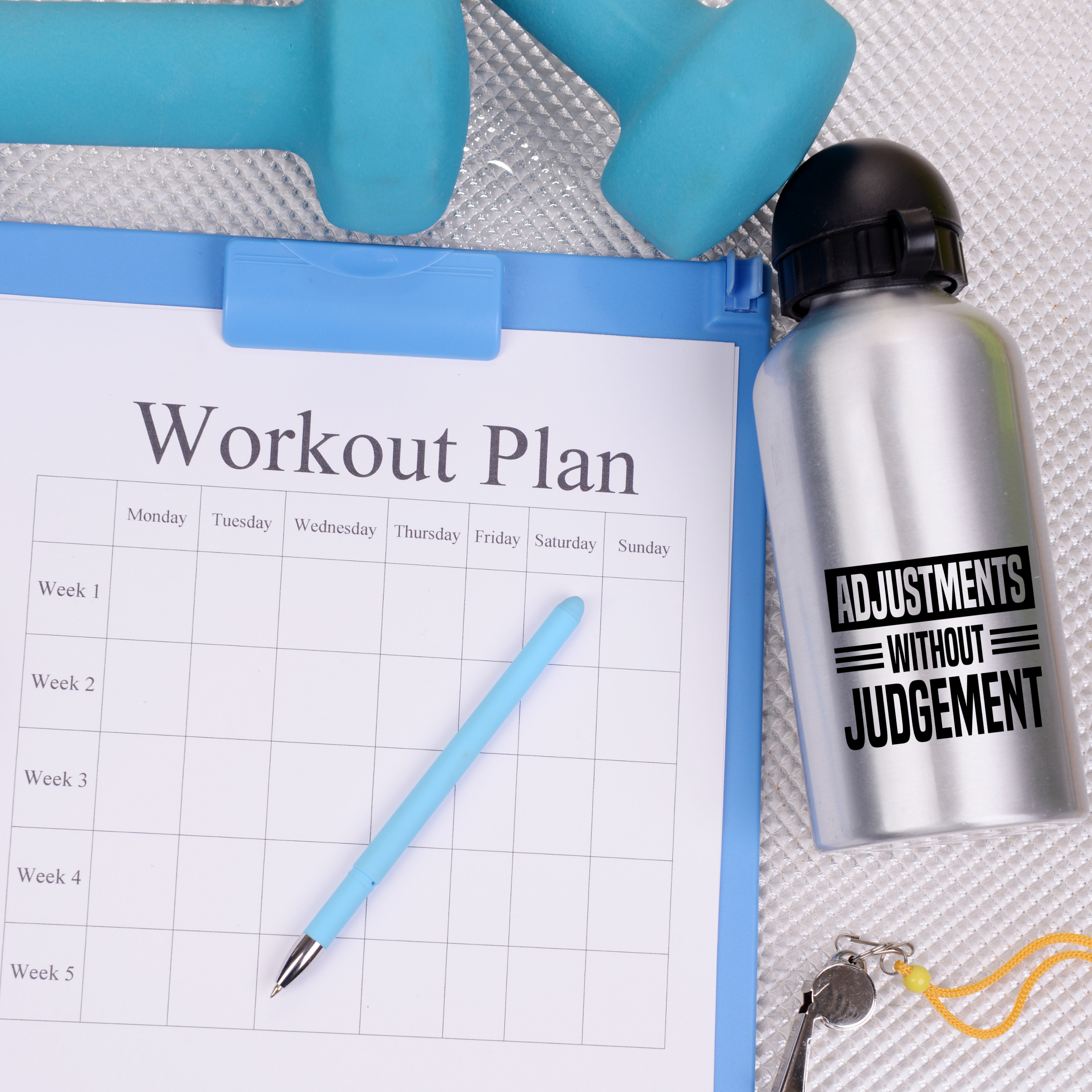Toxins and toxic chemicals can be found in a variety of products that we use and encounter in our everyday lives. Exposure to toxins, especially over a prolonged period of time can lead to numerous health issues including hormonal interference, endocrine disruption, pregnancy/reproductive problems, and even disease.
Thus, taking adequate measures to reduce toxins in our lives and environments can go a long way to promote overall health and wellness. The following article outlines 10 tips that can be used to protect yourself from common environmental toxins.
- Watch What You Eat: Toxins can easily be found in the foods and beverages we regularly consume. As much as possible, buying USDA organic food items helps to reduce exposure to toxins in food such as herbicides, pesticides, hormones, and antibiotics. Additionally, properly washing and cooking food can further prevent toxin intake.
- Increase Water Intake: Water is essential to help flush toxins from the body, so proper hydration is essential to keeping toxins flowing out of the body and preventing toxic buildup that can lead to sickness and disease. Ensuring the water, you drink is filtered is another good way to help promote wellness and avoid toxins.
- Watch Your Cleaning Products: Many cleaning products used in the home and other indoor environments contain toxic chemicals that we breathe in when we use them. Common toxins found in cleaning products include formaldehyde, ammonia, chlorine, sodium hydroxide, perchloroethylene, and 2-butoxyethanol. Steering clear of these ingredients in the cleaning products used in your environment can promote wellness and protect against toxin intake.
- Pursue BPA-Free Products: Bisphenol A (BPA) is a chemical found in many hard plastics that are commonly used each day. Research has linked exposure to BPA to health complications such as fertility issues, heart disease, respiratory conditions, weight problems and other conditions. Thus, avoiding BPA by switching to BPA-free products is another way to protect yourself from this toxin exposure.
- Avoid Plastics If Possible: Plastics with the recycle symbols #3 (PVC), #6 (polystyrene), and #7 (other) are known to have a greater potential of leaching toxins. Thus, avoiding these plastics specifically is a strong way to reduce your exposure to toxins. Switching to glass or ceramics is a viable alternative, but if plastics must be used making sure not to microwave or dishwash these items can also reduce the risk of leaching toxins.
- Switch Personal Care Products: Many personal care products (i.e., shampoos, conditioners, makeup, deodorants, etc.) contain a variety of toxins that can seep into our skin and cause health issues. Being intentional about avoiding products that contain toxins can improve our health and reduce outcomes linked to toxins in the body. Common toxins found in personal care products that should be avoided include phthalates, sulfates, formaldehyde, parabens, mineral oil, PFAs, PFCs, Triclosan, and Polyethylene Glycol among several others.
- Eliminate Air Fresheners: Many air fresheners have been found to emit more than 100 chemicals that can include volatile organic compounds and semi-volatile organic compounds. These compounds then contribute to hazardous indoor air pollution via direct and secondary reactions. Opening the windows to get fresh air circulation, using fresh florals and plants, or simmering seasonal herbs and spices can be a great alternative to promote fresh and clean air while reducing the risk of toxin exposure.
- Watch Exposure to Electromagnetic Radiation: Appliances can lead to electromagnetic radiation exposure that can be harmful to the body in large amounts and particularly over a prolonged period of time. Making sure that electrical appliances are at least 1.5 meters away from areas where a lot of time is spent can help cut down on exposure to electromagnetic fields. Also, reducing the use of cellular devices as much as possible and turning phones to airplane mode when possible, can also help to reduce this type of toxic exposure.
- Reduce Animal Protein and High-Mercury Fish Intake: Meat and other animal products have been shown to store toxins. Limiting your daily intake of these items can minimize exposure risks. Additionally, monitoring the intake of fish high in mercury such as tuna, swordfish, and shark and replacing with low-mercury options such as herring, salmon, cod, or snapper can also work to protect against toxin exposure.
- Boost Your Immune System: Eating foods and taking supplements that support immune health is an additional means of protecting yourself from everyday toxins. Increasing Vitamin C intake can provide antioxidants that help cleanse and protect the body. Other immune-boosting vitamins and minerals can help to boost the body’s detoxification system and aid it in processing toxic chemicals and destroying harmful infectious agents.
References:
Brazier, Y. (2017, May). Bisphenol a: Hazards and sources. Medical and health information. https://www.medicalnewstoday.com/articles/221205
Health Essentials. (2020, August 14). How environmental toxins can impact your health. Health Essentials from Cleveland Clinic. https://health.clevelandclinic.org/how-environmental-toxins-can-impact-your-health/
Rowe, K. (2020, August 31). How to avoid harmful toxins in your life | BrainMD. BrainMD Health Blog. https://brainmd.com/blog/how-to-get-rid-of-harmful-toxins/
Women’s Voices for the Earth. (2020, January 9). 10 steps to avoid toxic chemicals. https://www.womensvoices.org/avoid-toxic-chemicals/ten-ways-to-avoid-toxic-chemicals/




0 Comments